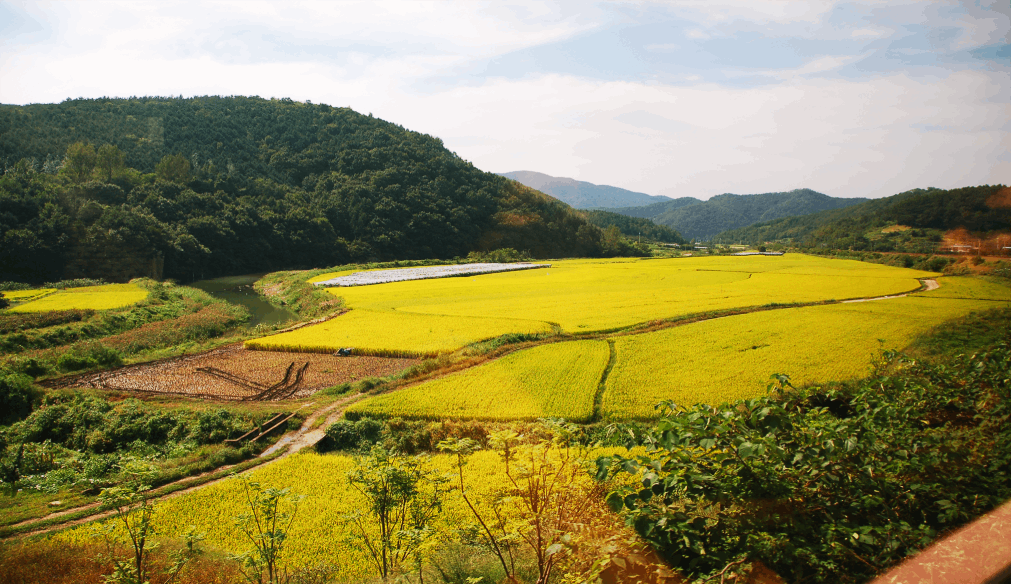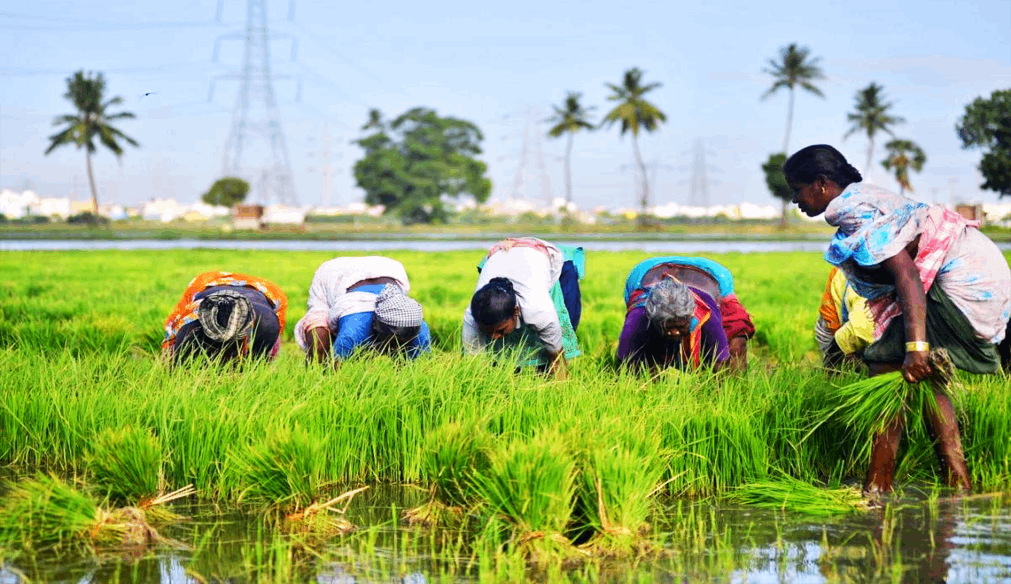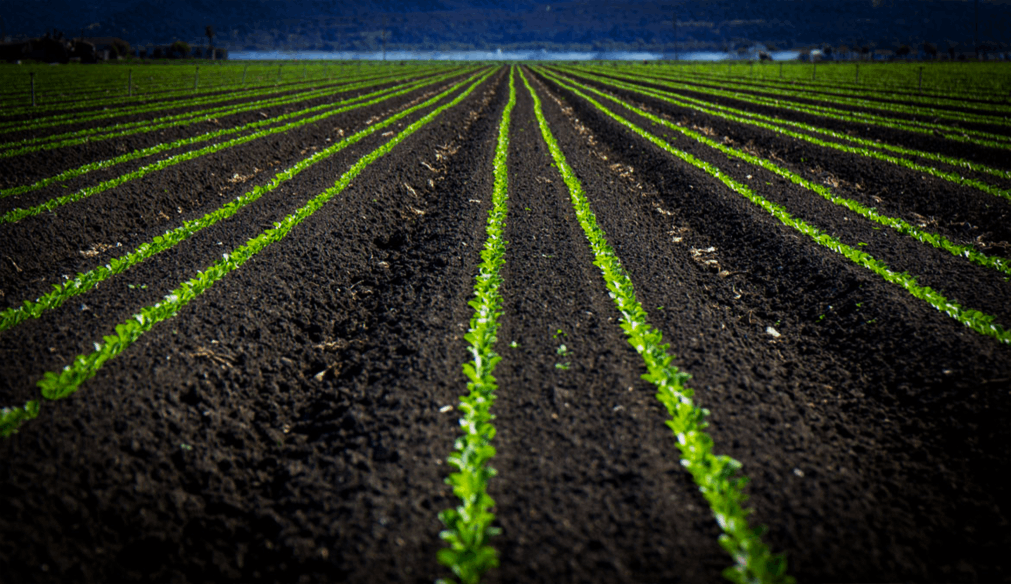The application of biochar to the agricultural fields increases productivity in many aspects and purifies the soil and enriches the unfertile soils with abundant growth of beneficial microorganisms. The inspiring evidence suggests that biochar is very slowly decomposed in soils. The persistence of biochar in the soil can be observed by testing the contribution of its C sequestration. The scientists have proved the mean residence time and the decomposition of the biochar, Using the 13C and radioactive 14C Carbon isotopes. The proven fact is the decomposition rate is drastically decreased with the experimental duration and the amount of decomposed amount is increasing slowly. The experiments have shown that only about 3% of biochar is bioavailable to decompose and the remaining majority (97%) contribute directly to long-term C sequestration in soil.
The scientists prove that biochar, as one of the non-mineral-associated soil organic matter integrants, is never-ending in soils, probably reflecting the high aromaticity of biochar Carbon. Helping this fact, glycolipids, phospholipids, and neutral lipids are the major constituents of biochar decomposed over 3.5 years of incubation, while the condensed aromatics persists approximately unaffected for years.
The decomposition rate and the stability are depending on pyrolysis temperature, the type of feedstock, and soil clay content. A sluggish decomposition rate of biochar is common in soils with the highest clay content although no significant difference can be observed among soils with lower clay content. The pyrolysis temperature of biochar production significantly affects its decomposition rate. For example, biochar produced at 225 °C decomposes faster than that pyrolyzed above 225 °C. Biochar derived from numerous bases has different chemical compositions that directly affect biological degradability. As an example, the crop-derived biochar decomposes faster than other sources. Another interesting fact about biochar is its priming effect on the soil. Biochar retards the mineralization process of organic matter compared to the soil without biochar. Therefore, there is significant negative priming whereas the biochar presence.
.jpg)
This extended shelf life of biochar allows the farmers to maintain an even crop yield from their field because it helps to maintain fertile soil. The nutrient availability will be at an optimal level for hundred years and the water retaining will be optimized. When the farmers go for sustainable farming systems to get the organic certificates and to maximize their profits this will be an interesting component to be incorporated with any type of soil all over the world. The soil is an extremely sensitive body and a dynamic structure therefore the farmers should be well aware of the soil condition in every aspect if there is biochar applied. At the time the testing of pH levels, the nutrient availability deficiencies and toxicities, the water holding capacity, the salinity levels and the electrical conductivity level, etc., are significant factors to measure. In that scenario, the agrotech companies such as Elzian Agro will play a vital role in maintaining optimum levels in the soil to develop sustainable agriculture because organic matters like biochar are not proportionate fertilizers or additions to make sure up to what content the nutrients are adding to the soil.
.jpg) Posted on 01 May 2022 - Author (Madhurya Bandara)
Posted on 01 May 2022 - Author (Madhurya Bandara) 


